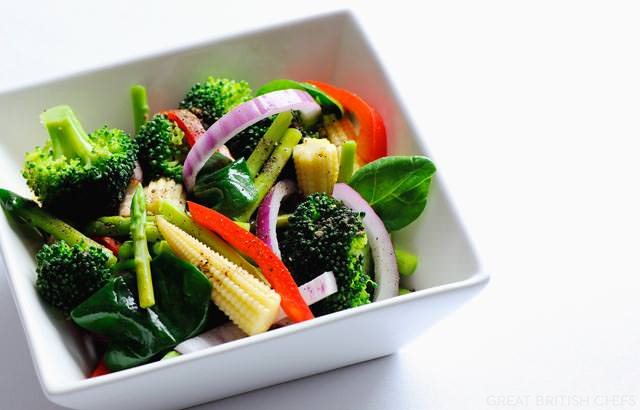The fast of Ramadan is rigorous, particularly during long summer days when it may be required to resist all food and drink for as many as sixteen hours at a time. This strain may be too much for people with certain health conditions.
Prior to Ramadan, a Muslim should always consult with a doctor about the safety of fasting in individual circumstances. Some health conditions may be improved during fasting, while others may possibly deteriorate. If you decide that fasting could possibly be harmful in your situation, you have two options:
• If yours is a temporary, not chronic, condition you may make up the fast (a day for a day) at a later time, when your health improves.
• If yours is a permanent or chronic condition, you may make a donation in charity in lieu of fasting. The amount should be sufficient to feed one person a day, for each fasting day that is missed.
There is no need to feel guilty about taking care of your health needs during Ramadan. These exemptions exist in the Qur’an for a reason, as Allah knows best what issues we may face. Even if one is not fasting, one can feel part of the Ramadan experience through other areas of worship — such as offering additional prayers, inviting friends and family for evening meals, reading the Qur’an, or donating to charity. You should always consult with your own doctor to evaluate your individual circumstances.
The fast of Ramadan is rigorous during the best of times. During long and hot summer days, it may be required observe the fast for as many as sixteen or more hours at a time. To ensure adequate nutrition and continued good health, follow these tips:
1. Prior to Ramadan, a Muslim should always consult with a doctor about the safety of fasting in individual health circumstances.
2. Even if you are generally healthy, recognize that Ramadan will take a toll. Plan your schedule and meals ahead of time in order to make sure you get the nutrients, hydration, and rest that you need.
3. Eat suhoor just prior to dawn. Yes, it’s hard to get up at that hour, which is why it has many benefits and rewards. It will help you to wake up for the Fajr prayer. The suhoor meal is Sunnah. And this morning meal is generally recognized as the single most important meal of the day. Do not overeat, though. Focus on taking in foods that are rich in complex carbohydrates and protein, fruits or vegetables, and plenty of water. For example: an egg on whole-grain toast, a few crackers with peanut butter, some orange slices, and two glasses of water.
4. During the hottest part of the day, stay in cool areas (indoors or in shade) and limit your physical activity. Rest if possible. Organize your schedule so that you get enough sleep.
5. Avoid gorging yourself when breaking the fast at sunset. Follow the Sunnah: break your fast with dates and either milk, water, or fruit juice. After the maghrib prayer, continue with a light starter such as soup and crackers. After a long period of fasting, you need to bring your fluids and blood sugar level up without overdoing it.
6. During the early evening (after maghrib), have a healthy and balanced dinner. Do not overeat, and be sure to drink a few more glasses of fluids.
7. During the evening hours, resist the temptation to drink tea, coffee, and soda. When visiting friends or family, ask for glasses of water.
8. Serve yourself, your family, and guests a “dessert” of fresh fruit and nuts. There are lovely choices available in this season, and they are much healthier than chocolates and candy.
9. Sip on water throughout the evening. Aim for 8 glasses by bedtime. To help you keep track, fill and refill a water bottle with a measured amount of water, and be sure to finish it.
10. Light exercise, such as walking for 15-20 minutes, is best done in the evening hours.
11. Avoid fried and spicy foods as they may cause heartburn or indigestion.
12. Speak to your doctor about an appropriate multi-vitamin.
13. Continue to brush and floss your teeth several times a day.
14. Wash your hands regularly, and avoid those who cough or sneeze. This is important to prevent the spread of viruses (such as seasonal flu and H1N1) and bacteria which may cause illness.
15. Avoid smoking!


